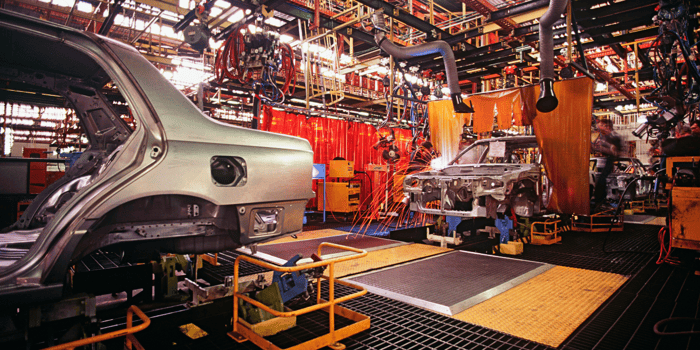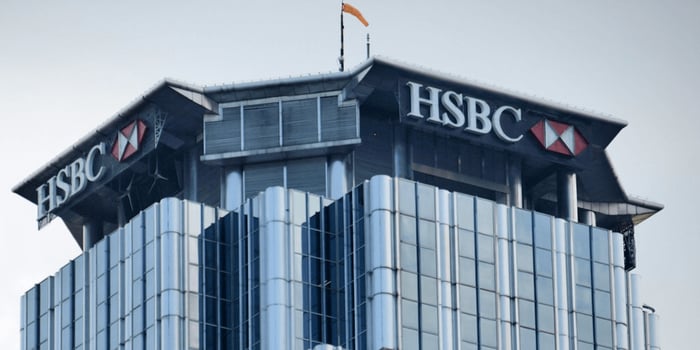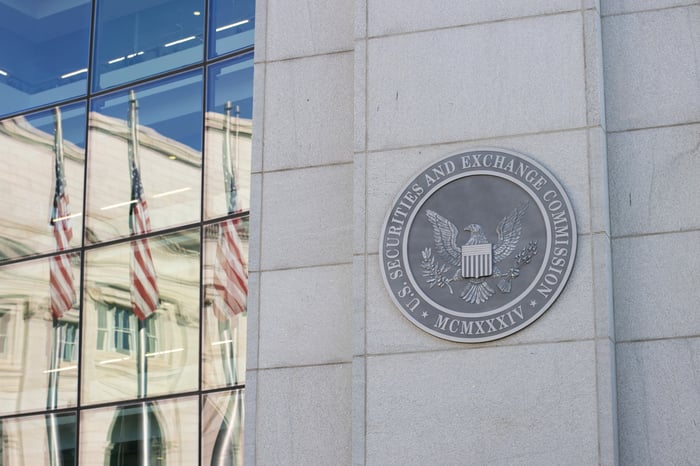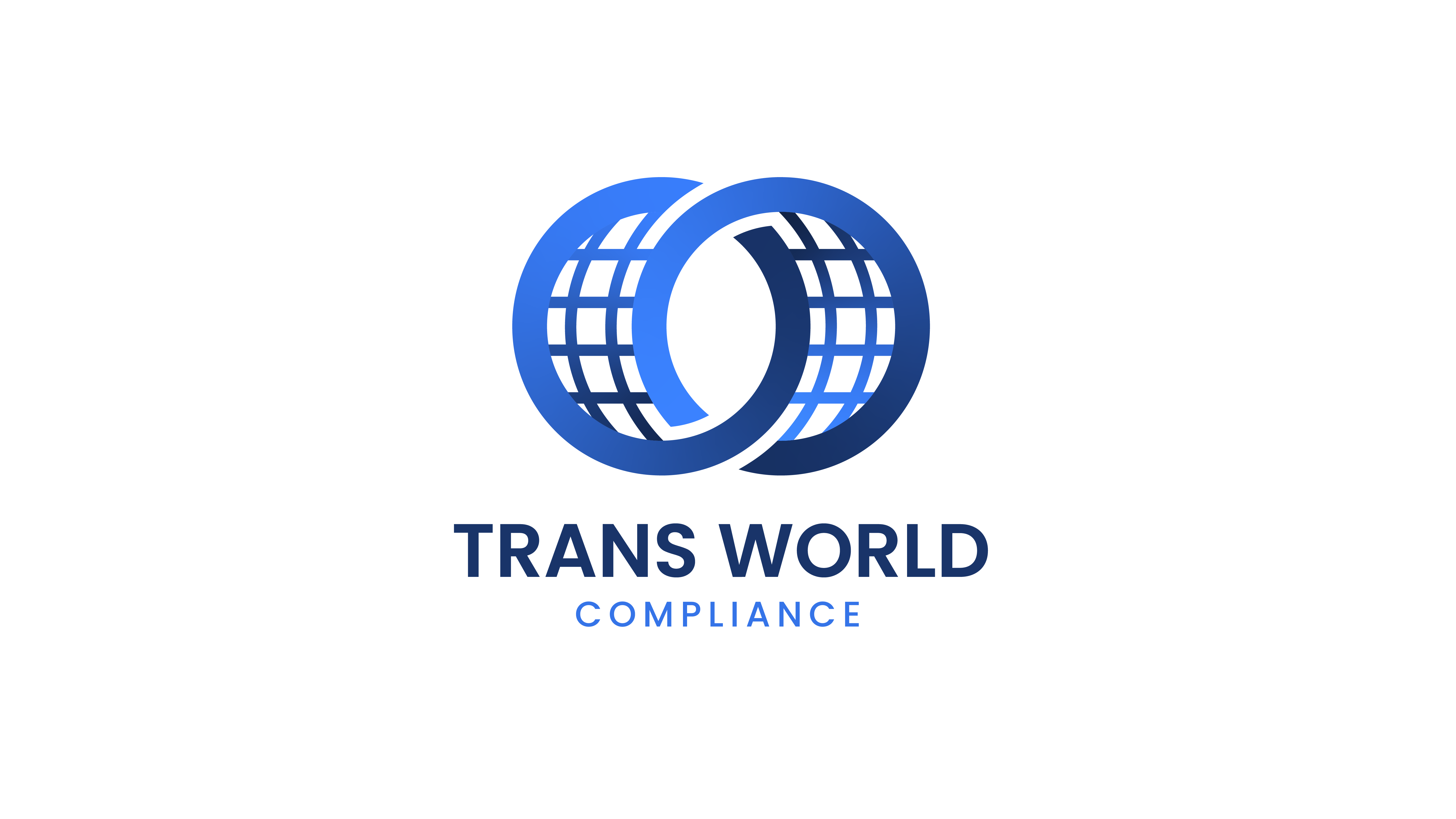Three news to start your week: May 27
Senate inquiry finds BMW imported cars tied to forced labor in China
(The New York Times)
A congressional investigation has uncovered that BMW, Jaguar Land Rover, and Volkswagen have all procured parts from a Chinese supplier that the United States has flagged for its involvement in forced labor programs in Xinjiang. Xinjiang, a region in far western China, is known for subjecting its local population to mass surveillance and detentions.
According to the report, both BMW and Jaguar Land Rover have persistently imported components from this Chinese company into the United States, thus violating American law. This continued even after they were notified in writing about the presence of banned products in their supply chain.
Shamefully, BMW has dispatched over 8,000 Mini vehicles containing these problematic parts to the United States, even after the Chinese supplier was added to a US government list of companies engaged in forced labor last December. Volkswagen has taken corrective measures to address the issue.

HSBC fined over treatment of customers in difficulty
(BBC)
The City watchdog fined HSBC £6.2 million after discovering that the bank failed to assist customers in financial difficulties.
The Financial Conduct Authority (FCA) found that the bank neglected to consider customers' situations when they missed payments, sometimes resorting to "disproportionate action". As a result, the FCA stated that the bank put "1.5 million people at risk of greater financial harm" through its actions.
In response, HSBC expressed that it has made significant investments in its processes since these issues arose and is glad to have resolved these historical issues with the regulator. The FCA specified that HSBC, which also provides financial services for M&S Bank, did not appropriately consider customers' circumstances regarding missed payments between June 2017 and October 2018.

US House passes crypto bill despite warnings from SEC
(Reuters)
The US House of Representatives has successfully passed a bill that aims to establish a legal framework for digital currencies. Despite a cautionary statement from the US securities regulator, warning of potential financial risks, this bipartisan-supported legislation, known as the Financial Innovation and Technology for the 21st Century Act, secured a 279-136 vote.
While the bill's fate in the Senate remains uncertain, its proponents in the US Congress firmly believe that it will bring regulatory clarity and foster the expansion of the cryptocurrency industry.
The House's approval coincides with the US Securities and Exchange Commission's (SEC) indication that it will likely approve applications for spot ether exchange-traded funds, an unexpected boost to the industry.
However, SEC Chair Gary Gensler said the bill "would create new regulatory gaps and undermine decades of precedent regarding the oversight of investment contracts, putting investors and capital markets at immeasurable risk."



